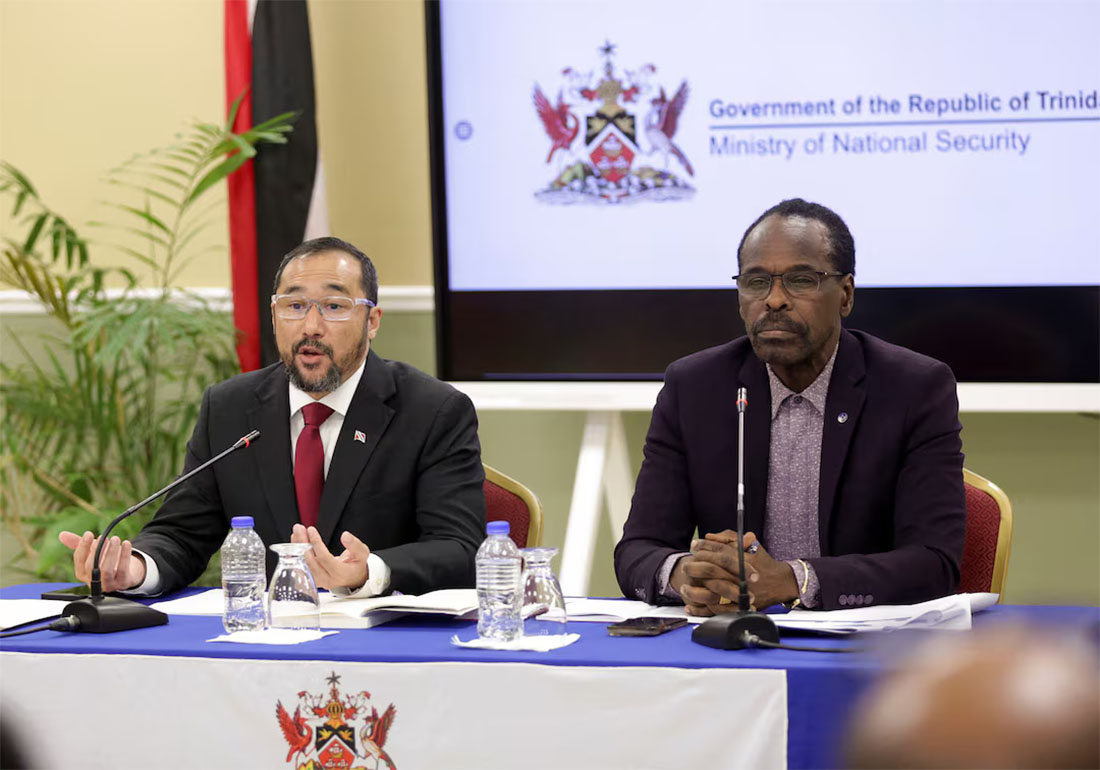Photo Credit: Getty Images
Trinidad and Tobago is grappling with a crisis of violence, marked by a surge in gang-related killings. The government declared a state of emergency on December 30, 2024, following a weekend of brutal attacks that pushed the nation's homicide toll to 623 for the year. The escalating violence, driven by organized crime and gang rivalries, has prompted the government to take decisive action in an effort to restore public safety.
The violence includes a string of killings that shocked the nation. Over a weekend, five men were shot in a single estate on the outskirts of Port of Spain, while a woman was killed outside a hospital in San Fernando. The police report that nearly half of the 623 murders in 2024 are gang-related, with organized crime at the core of the violence.
According to National Security Minister Fitzgerald Hinds, the killings have become an epidemic and pose a significant public health threat. He also highlighted that 33 double homicides and several multiple homicides have occurred, underscoring the scale of the crisis.
In response to the mounting violence, the government has granted the police and military sweeping powers. The state of emergency allows authorities to make arrests without warrants, conduct searches, and deny bail to suspected criminals.
The military has also been authorized to intervene directly in maintaining order. Prime Minister Keith Rowley, expressing disappointment over the rising crime rate, urged law enforcement to use these powers to disrupt criminal activities and instill fear in gangs.
However, the state of emergency has drawn mixed reactions. While some believe the measures are necessary to curb the violence, others express concern about the erosion of civil liberties. Acting Attorney General Stuart Young emphasized that there will be no curfew, as the government aims to minimize disruptions to daily life and the economy. Yet, the move is seen as a response to an alarming increase in brazen, high-velocity weapon attacks between rival gangs.
The island nation has faced gang violence for over 25 years, but recent years have seen an alarming escalation. Alex Papadovassilakis, an investigator for Insight Crime, noted that Trinidad and Tobago is home to 186 gangs with over 1,750 members, many of which are deeply territorial and involved in street-level drug dealing, arms trafficking, and violent turf wars. The country's murder rate for 2024 places it among the most violent in the Caribbean and Latin America.
As 2024 draws to a close, the true effectiveness of these emergency measures in curbing violence remains to be seen. The authorities' ability to disrupt organized crime while maintaining public trust will be crucial in shaping the future of Trinidad and Tobago's security landscape.


